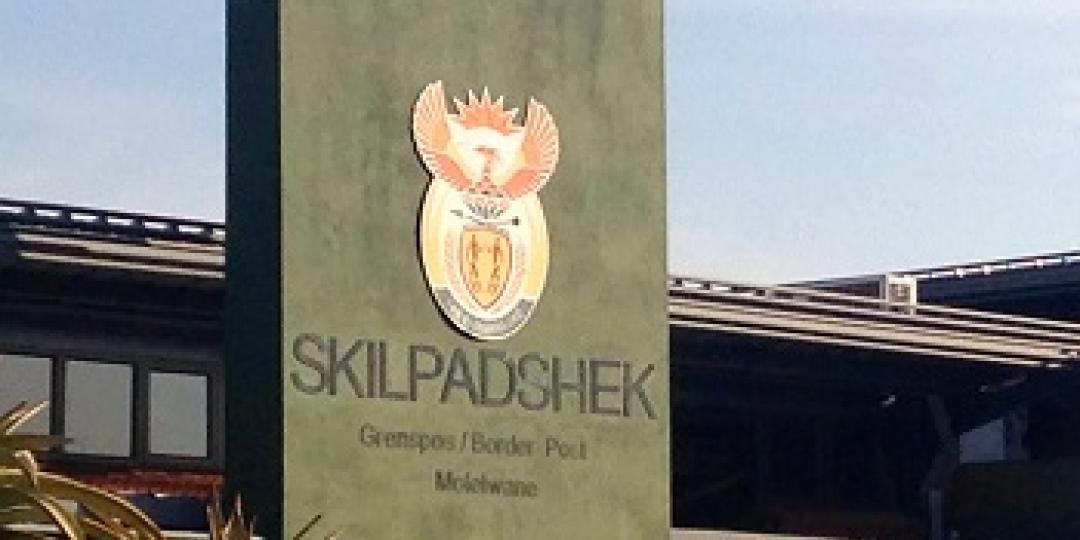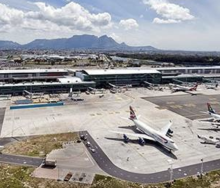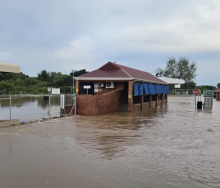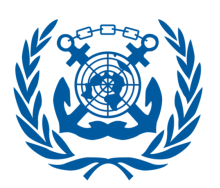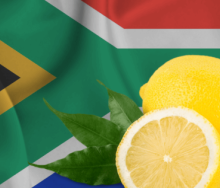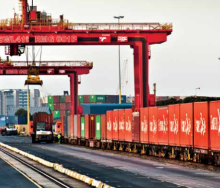The cross-border road freight fraternity this morning welcomed the news that South Africa’s transit on the N4 going west, Skilpadshek, was open for trade on the Trans-Kalahari Corridor (TKC) towards Botswana and Namibia.
Although the important crossing will only function from dawn to dusk, the six-to-six operational arrangement following public-private intervention is a whole lot less severe than an initial decision to close the transit until July 19.
Without fail, transporters with trucks queueing south of Ramatlabama Border Post, which had become the only alternative crossing after Kopfontein Border Post also closed because of a Covid case, started making plans to reroute their rigs towards Skilpadshek.
Needless to say it is hoped that Skilpadshek will remain open for road freight on the TKC, and that a repeat of the past eight weeks - in which a Port Health staff shortage constrained operations - will not be allowed to once again become a runaway problem.
Reopening of the border was made possible by consistent pressure from private sector partners and custodial concerns, finally forcing the relevant public sector officials to add deed to word – facilitate trade.
Such was the pressure that it even caused Gene Ravele and Stephan van Neel, respectively acting commissioner of the Border Management Authority and ports of entry director at the Department of Home Affairs, to openly accuse acting health minister Mmamoloko Kubayi-Ngubane of knowing about the Port Health staffing issue but doing nothing about it.
Another public sector official who finally said something about the issue this morning (hold onto your seat), was Victor Dladla, senior manager of operator relations at the Cross-Border Road Transport Agency (C-BRTA).
After eight weeks of disruption at Skilpadshek, this is what Dladla’s C-BRTA statement said: “The Agency has been made aware of the recent closure of Skilpadshek port of entry die to non-availability of port health officials and the inconvenience this is likely to have on transporters.
“Operators that will be affected by the closure of Skilpadshek are requested to use alternative ports.
“The Agency continues to engage with all the relevant stakeholders to get as much information as possible on these and other challenges in order to provide you (sic) helpful information and to assist in their resolution.
“We apologise for the inconvenience caused by the transporters by the closures.”
Said one transporter: “It’s like Rip van Winkle had just woken up and heard that a major corridor had been closed to trade because of incompetent border officials. Thanks Mr Dladla, but your assistance, which is what you’re paid for, is almost two months too late.”
